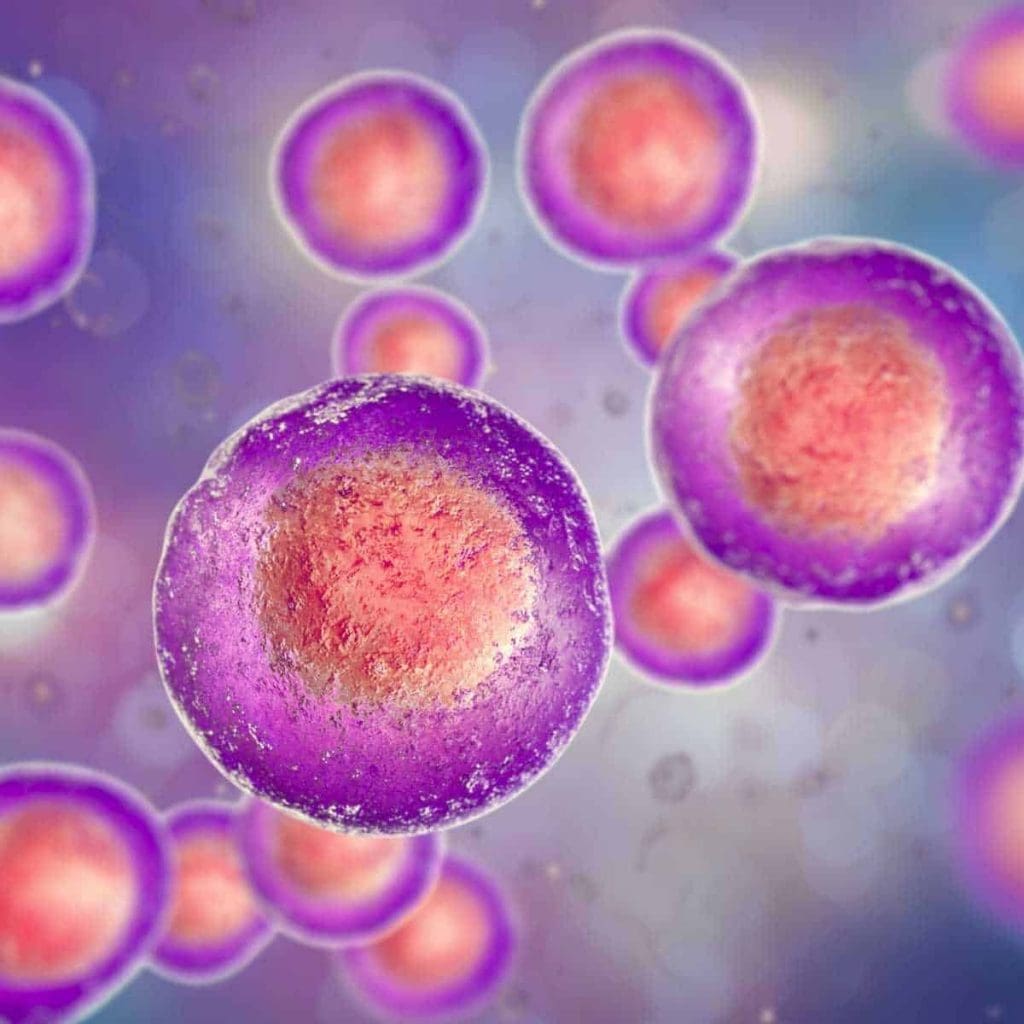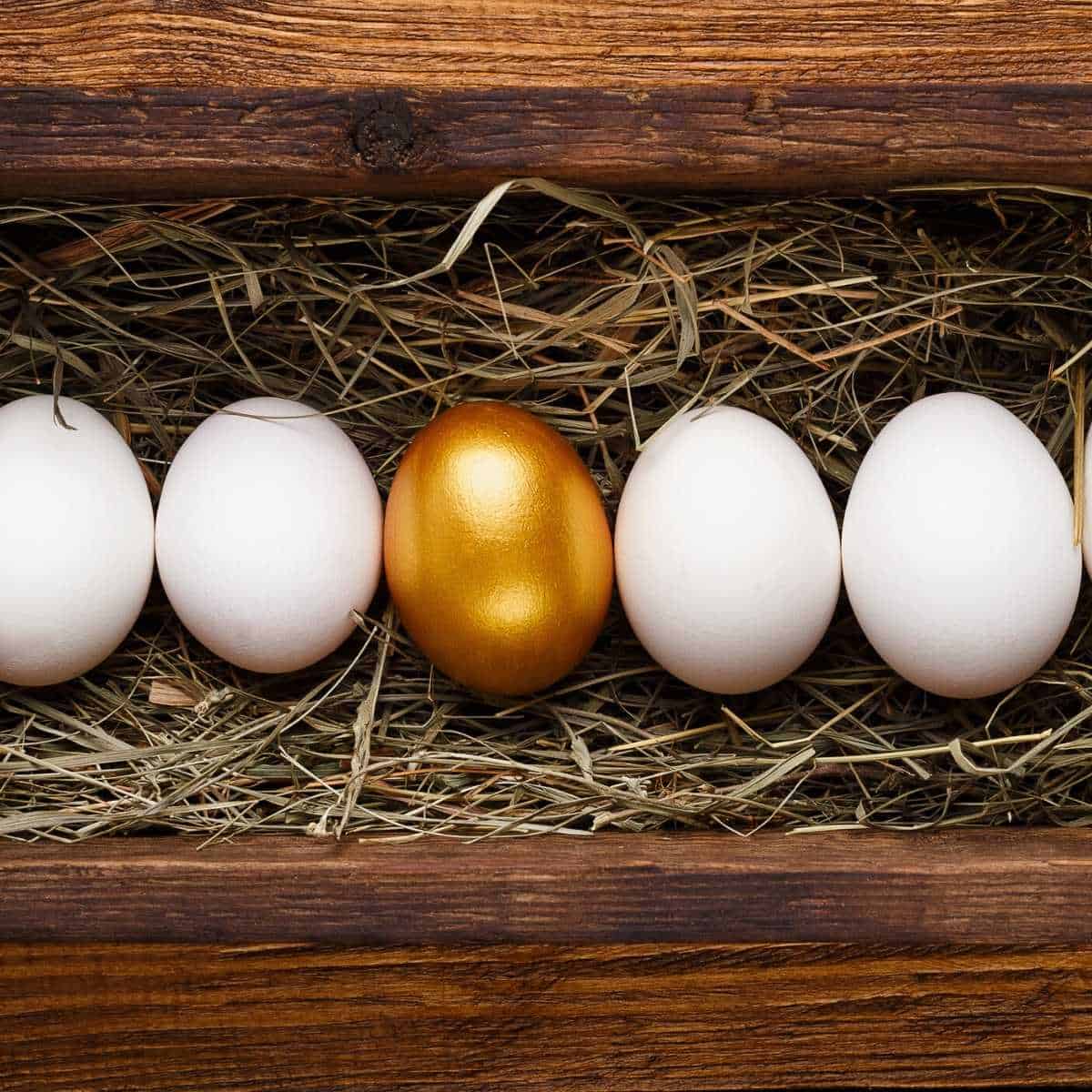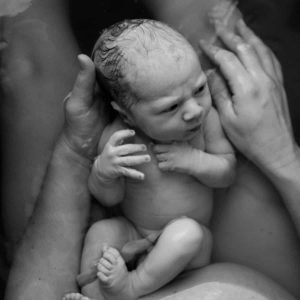Not too long ago, my daughter asked me the most dreaded of all dreaded questions: “Where do babies come from?” or, more precisely, “How do babies get in bellies?”
I was gobsmacked–but probably not for the reasons you’re thinking.
Sure, explaining to my five-year-old the mechanics of sex is not something I was looking forward to, in general, but my floundering was more than just typical embarrassment and discomfort.
While I could always stick to the classic, “He puts his P in her V,” approach, at that exact moment, it occurred to me that not all babies are conceived in this fashion.
Take the 5-year old who was asking the question, for instance. She is the delightful product of the IVF team at our fertility clinic.
I fell down a rabbit hole of conception confusion.
I began thinking about the mechanics involved, including the multitude of methods for getting pregnant and also how misunderstood they can be.
While many of us have a basic understanding of IUI or IVF, other infertility treatment options are less well-known.
Take using donor eggs, for for example. Many of us realize they exist but know nothing about how the process works and what intended parents have to go through to conceive their child.
Well, that confusion ends today!
If you’re considering a donor egg cycle, we’ve got everything you need to know about what will happen along the way.

This site contains affiliate links, meaning that we earn a small commission for purchases made through our site. We only recommend products we personally use, love, or have thoroughly vetted.
- Are Donor Eggs Right for Me?
- So, How Does Using Donor Eggs “Work?” Do You Have to Find a Donor Eggs Bank?
- Fresh vs. Frozen Donor Eggs: Is One Better than the Other?
- Everything You Need to Know About Picking an Egg Donor
- The Physical Donor Egg IVF Process
- How Can You Tell if Your Donor Egg Cycle Was Successful?
- Donor Egg 101: The Most Common Questions & Concerns About Using Donor Eggs
- 1. How Much Does Donor Egg IVF Cost?
- 2. If I Use Donor Eggs, Will the Baby Look Like Me?
- 3. What Are the Chances of Getting Pregnant with Donor Eggs?
- 4. Will I Share DNA with My Baby?
- 5. Will I Regret Using Donor Eggs?
- 6. What Types of Emotions are Common During a Donor Egg Cycle?
- 7. Should I Tell My Child I Used an Egg Donor?
- 8. Are There Any Celebrities Who Used Donor Eggs?
- There’s No Right Way to Build a Family
Are Donor Eggs Right for Me?
When a potential parent hopes to have a baby, they don’t typically expect fertility treatments to be a part of the process. And if the need for reproductive help does arise, many of us assume traditional IUI or IVF will fix the problem.
Regretfully, these options don’t work in every circumstance.
When the time comes to search for other ways of building a family, many hopeful parents contemplate solutions like surrogacy or adoption.
For some people, using donor eggs could be the optimal solution to their fertility woes.
Before you start stressing over whether you’ll regret using donor eggs or trying to figure out what the donor egg IVF cost will be, consider this:
Wouldn’t it be nice if there was a way to overcome your infertility, have the baby you’ve been dreaming of, and still have the chance to experience pregnancy and delivery?
These are the benefits that egg donation can provide.
Who Are the Ideal Candidates for a Donor Egg Cycle?
Before making any concrete decisions about pursuing a donor egg cycle, it’s worth considering whether or not you’re an “ideal candidate” for the process.
Thankfully, any woman can technically benefit from using an egg donor. In fact, unexplained infertility is a common reason parents find themselves mulling over this option in the first place.
It is worth noting that people with certain conditions and circumstances are often more likely to benefit from using donor eggs than others. This group includes people who:
- Are Over the Age of 40
- Suffer from Primary Ovarian Insufficiency
- Are Diagnosed with Early Onset Menopause
- Have Diminished Ovarian Reserves
- Have Poor Egg Quality
- Dealing with Genetic Conditions
So, How Does Using Donor Eggs “Work?” Do You Have to Find a Donor Eggs Bank?
So, you’ve talked to your doctor, discussed the process with your partner, and you’ve concluded that your chances of getting pregnant with donor eggs seem like a better option than other alternatives.
What happens next?
Well, the first step in the process is figuring out what type of donor egg cycle you’re interested in pursuing.
I know what you’re probably thinking:
“So, you’re telling me I’ve spent all of this time stressing over whether using donor eggs is the best option and there are still other decisions to be made?”
Well, yes–yes, there are.
You’ll have to decide whether or not you want to find a donor within your local community, or go through a frozen donor eggs bank that already has eggs available.
Not sure which option to choose? We’ve got some helpful tips to help you along.

Fresh vs. Frozen Donor Eggs: Is One Better than the Other?
Many people might automatically assume fresh eggs are the better option between fresh vs. frozen donor eggs.
While there’s no denying the quality of a fresh egg donation, you might be surprised to learn that the live birth success rate of frozen eggs now nearly mimics that found in fresh cycles, thanks to a process known as vitrification.
This cutting-edge flash-freezing process exposes fresh eggs to powerful cryoprotectants upon collection, preventing deterioration and ice crystal formation during the freezing, storage, and thawing procedures.
So, now that you know the success rates are near mirror images, making your choice between the two is probably clear as mud…right?
Success rates aside, there are many other reasons intended parents are beginning to choose frozen eggs over fresh:
- Less Risk of Cycle Cancellation: During a fresh donor egg cycle, if your egg donor does not follow protocols strictly, or the donor and recipient’s cycles aren’t perfectly synchronized, it can lead to cycle cancellation. This rarely occurs with frozen eggs.
- Faster Treatment Procedures: Since frozen eggs have already been screened and are ready to use, you can start your cycle much sooner than with fresh eggs.
- Simpler Treatment Protocols: Without needing to synchronize the donor and recipients’ menstrual cycles and collect the donor eggs, the overall frozen egg donation process is much more hassle-free.
- Diverse Donor Pools: In trying to find a fresh egg donor, the number of possible candidates is limited. By using a donor egg storage facility, however, you’ll get to choose from a vast selection of individuals from all different backgrounds.
Please bear in mind, though, that none of these benefits make fresh donor eggs a bad decision. For many hopeful parents, the chance to build a personal relationship with their donor is worth its weight in gold.
Everything You Need to Know About Picking an Egg Donor
Okay, now it’s time to get down to the nitty-gritty of the donor egg experience: selecting an egg donor.
Let me start by saying this – there is NO RIGHT WAY to pick an egg donor. There is also no such thing as a “perfect egg donor.”
What does exist is the ideal candidate for your family.
If you’re not sure where to start on your quest for an egg donor, consider what attributes are most important to you and your family. For example:
- Do you want to find a donor with a similar appearance to you?
- Are you looking for someone who went to college and has a good job?
- Would you like to pick eggs from someone with the same ethnic, cultural, or religious background?
- Are high grades or creative hobbies important?
Once you’ve narrowed down your list of “wants,” you can start looking for your ideal candidate.
While picking your child’s biological parent can be stressful and worrisome, there is one positive thing to keep in mind. If you work with a trusted organization to find your donor, they will thoroughly screen the person you select before accepting them into the program.
This screening analysis includes drug tests, background checks, screenings for genetic conditions, psychological evaluations, physical examinations, and more.
The Physical Donor Egg IVF Process
After you’ve chosen a donor who fits the wants and needs of your family, the physical donor egg process can begin. While the procedures involved can vary slightly depending on whether you use fresh or frozen eggs, the overall steps are similar.
If you select a fresh egg donor, the first part of your cycle will involve synchronizing your reproductive cycle with the donor. This typically happens by using birth control pills or a self-injectable medication called Lupron.
Once this stage is complete, your egg donor will begin her ovarian stimulation phase to produce as many eggs as possible during the egg retrieval procedure.
While she is undergoing these steps, the intended mother will undergo a series of tests to determine her current reproductive health. Using these test results, her doctor will prescribe a regimen of medications, typically estrogen and progesterone, to prepare her uterus and endometrial lining for the upcoming embryo transfer.
After the donor eggs have been collected and fertilized, they will be inserted directly into the recipient’s uterus during the embryo transfer procedure.
Alternatively, if you choose frozen eggs, you won’t have to worry about syncing cycles and the stimulation phase. The eggs will have already been collected, screened, and stored for use. You would merely start at the embryo transfer preparation phase.
How Can You Tell if Your Donor Egg Cycle Was Successful?
When I was going through IVF cycles, the days and weeks following my embryo transfers were torture. I spent every moment wondering whether or not the procedure had “taken” and scanning my body for any weird early pregnancy symptoms during the two-week wait before my pregnancy test.
For any woman using donor eggs, you’ll probably share a similar experience after your transfer is complete!
While a positive pregnancy test is the only concrete way to prove using donor eggs worked, you can also look for successful implantation symptoms, such as:
- Light Spotting aka Implantation Bleeding
- Cramping
- Sore Breasts
- Missed Period
- Headaches
- Fatigue

Donor Egg 101: The Most Common Questions & Concerns About Using Donor Eggs
Using donor eggs to get pregnant is a big decision to make…it’s no wonder so many hopeful parents have questions about what to expect before getting started. We’ve polled our community and found the most common questions and concerns people have about the experience.
1. How Much Does Donor Egg IVF Cost?
On average, most cycles of donor egg IVF cost between $20,000 – $35,000, but this will depend on where you’re receiving your eggs from. Frozen eggs are significantly less expensive than fresh.
2. If I Use Donor Eggs, Will the Baby Look Like Me?
When it comes to donor eggs, “Will the baby look like me?”, is one of the most common concerns. While there’s no guarantee your baby will share your physical features, you can certainly try to find an egg donor that resembles you.
Just remember, egg donation or not, kids don’t always come out looking like their parents!
3. What Are the Chances of Getting Pregnant with Donor Eggs?
Based on data collected by the CDC, the percentage of live births from donor egg embryo transfers is typically over 50%.
4. Will I Share DNA with My Baby?
While your child’s DNA will come from your egg donor, a scientific study known as epigenetics shows the ways a mother can influence her child’s genetic makeup during pregnancy.
These theories have shown that molecules known as MicroRNAs, which the donor egg recipient provides, play a role in how their little one’s genes develop and affect the individuals they’ll become after birth.

5. Will I Regret Using Donor Eggs?
The question of whether you’ll regret using donor eggs after treatment is a hard one to answer clearly. Everyone looks at the situation through different sets of eyes.
While there’s certainly no 100% guarantee you won’t feel some sort of remorse following the procedure, the most helpful thing you can do is to research and do your homework.
Working with a therapist, being open with your partner about your feelings (if you are parenting with someone), and journaling can help you process any emotions you might feel about using donor eggs.
6. What Types of Emotions are Common During a Donor Egg Cycle?
Just as there’s no concrete way to say whether you’ll regret using donor eggs, there’s also no right or wrong way to feel throughout the process.
It’s also not uncommon to fluctuate in how you’re feeling – sounds like the normal day-to-day, right?
Any range of different feelings can be completely normal, but some of the most recurring include:
- Happiness
- Excitement
- Confusion
- Anxiety
- Stress
- Sadness
- Regret
7. Should I Tell My Child I Used an Egg Donor?
The choice to tell your child you used an egg donor or not is a very personal one. And again, there’s no right or wrong way to approach it.
It’s crucial to steer away from pressure either way and make your decision to tell (or not tell) based on what works best for your family.
There is one thing worth considering related to this topic, however. As your little one gets older visits various doctors, there might be questions about their medical history that can only be answered through honesty about your donor.
8. Are There Any Celebrities Who Used Donor Eggs?
While the presence of celebrities who use donor eggs shouldn’t affect your decisions one way or another, it’s always a fun thing to look into, don’t you think?
I mean, come on, who doesn’t secretly like to find common ground with all those lovely people dancing around Tinseltown? If you’re curious about celebrities who used donor eggs to get pregnant, check out this list:
- Sonia Kruger
- Mary Coustas
- Camille Guaty
- Tina Malone
There’s No Right Way to Build a Family
It’s not surprising that many parents struggle with the decision to get in touch with a donor eggs bank when other infertility treatments fail. After all, when you’ve fought so hard to become a parent, giving up a genetic connection to your child can seem heartbreaking.
When it comes to using donor eggs, it’s essential to remember this one thing above all else:
It doesn’t matter how you create your family. All that matters is that you have them in the end.
A child born from egg donation will be loved and appreciated just as much as one conceived naturally. So, feel free to stop worrying about whether you’ll regret using donor eggs. When the time comes to take the next step in your fertility journey, finding an egg donor is a beautiful option we’re lucky to have.
If the need arrived, would you ever consider using donor eggs to grow a family?








